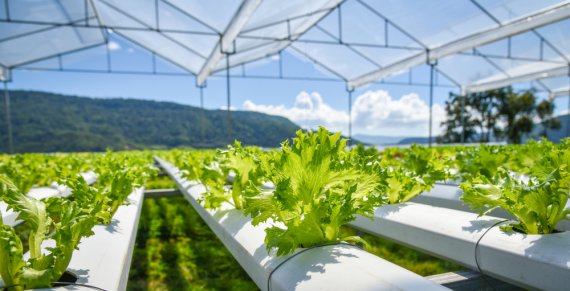The funding is part of NWO’s Perspective programme. The aim is for scientists, together with companies and other organizations, to set up new lines of research that have an economic and social impact. NWO is making almost 18 million euros available in total for five different research programmes. The participating companies and other organizations are investing a further eight million. WUR is leading two of the research programmes.
The anIMAl Group sENsor programme, or IMAGEN in short, combines research on animal behaviour with computer science in order to improve the health and well-being of pigs and chickens. The researchers will develop a system that automatically detects the animals’ behaviour in a group using cameras, sensors and artificial intelligence. ‘Tail-biting is a significant welfare problem in pigs, for example,’ says programme manager Piter Bijma of Animal Breeding and Genetics. ‘We know genetic make-up plays a role in both biters and their victims. But it is difficult to get a grip on this in such large groups because we have not been able to measure the behaviour on a big scale to date.’ The researchers want to use the data to get a better picture of the relationship between behaviour and genes.
In the Sky High research programme, researchers will be improving vertical agriculture. By growing plants on shelves in stacked platforms and using LED lighting with specific colours, it should be possible to produce fresh vegetables throughout the year all over the world, in a range of climate conditions. ‘Vertical agriculture is a completely new form of food production,’ explains programme manager Leo Marcelis. ‘However, at present it still costs a lot of energy.’ The scientists will be collaborating with light specialists, growers, horticulture technology companies, architects and food suppliers to investigate how vertical agriculture could be made cheaper and more energy efficient.

 Photo: Shutterstock
Photo: Shutterstock